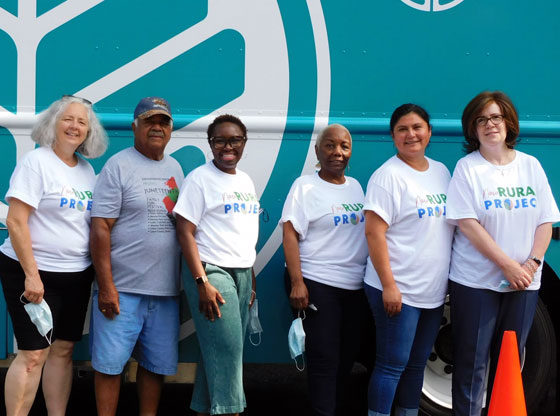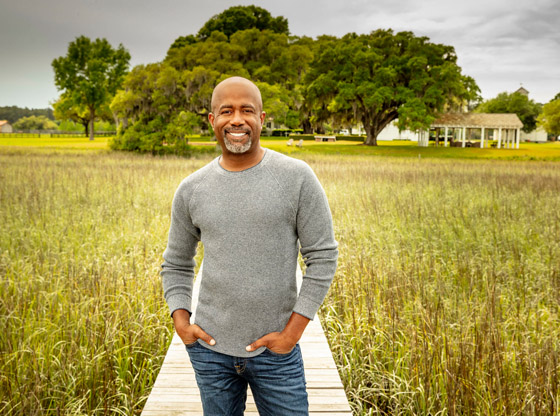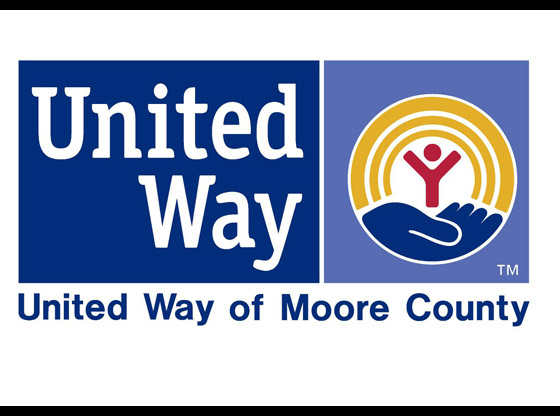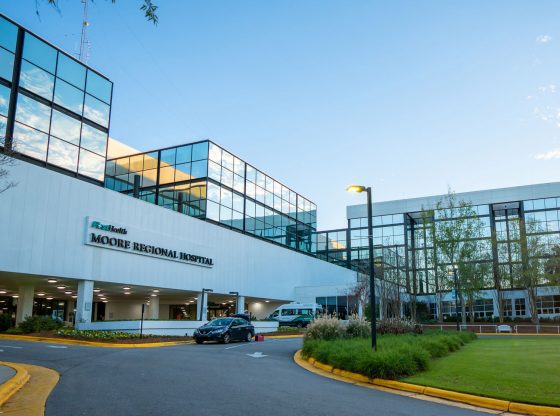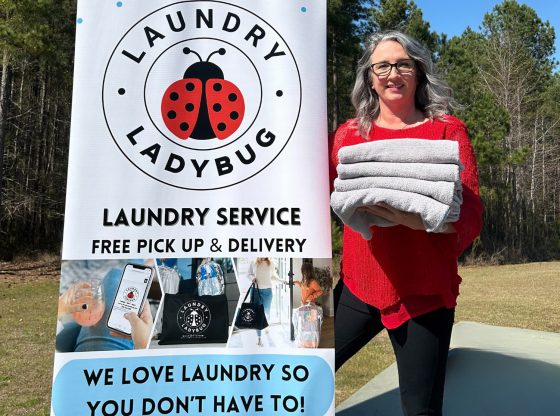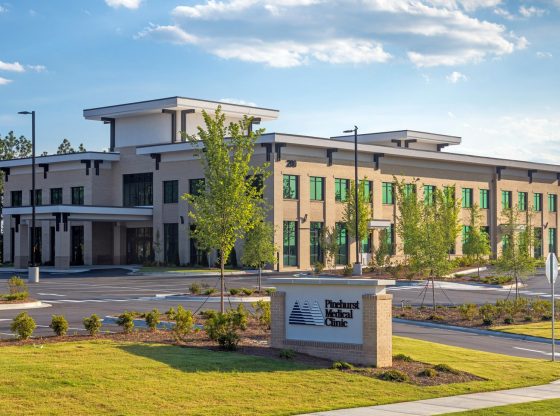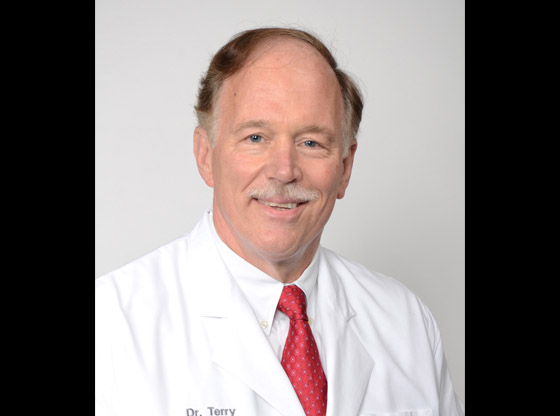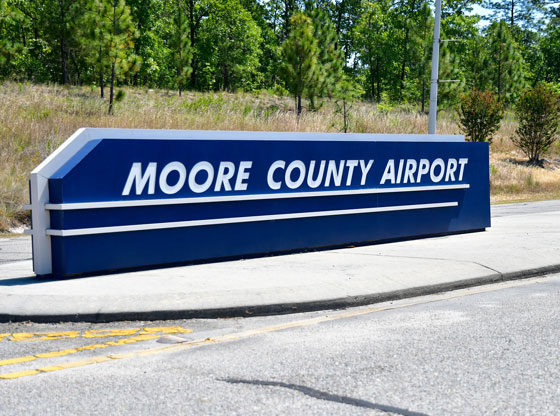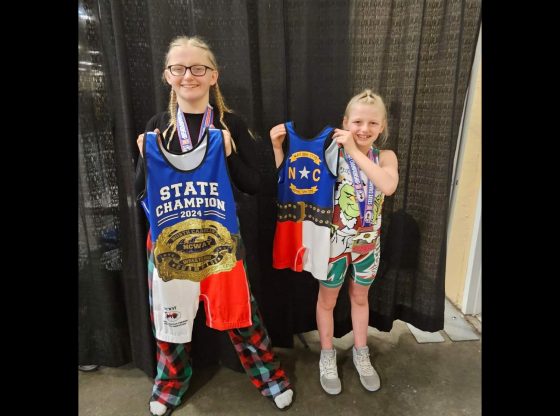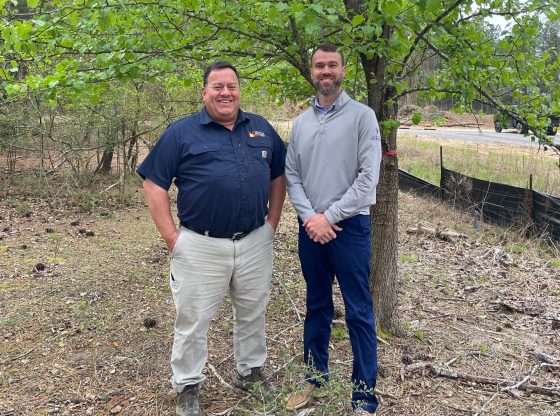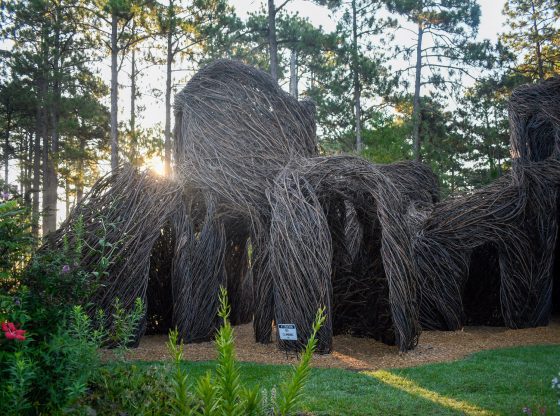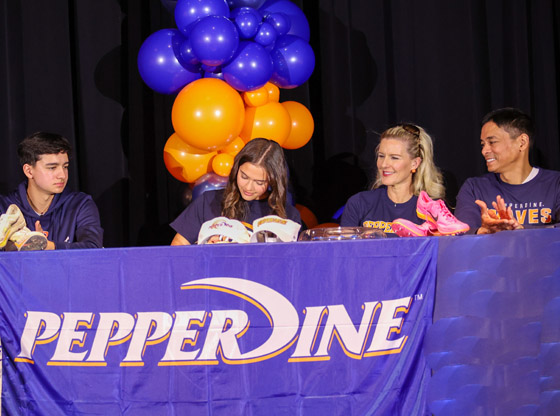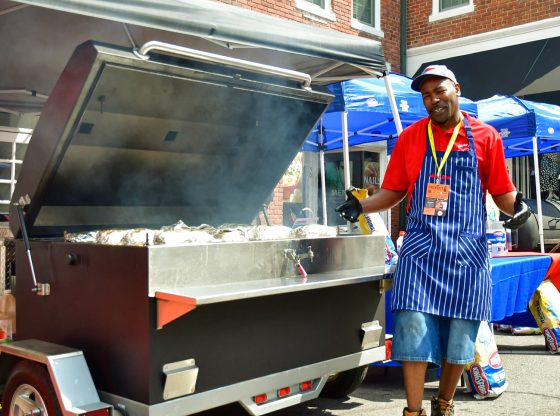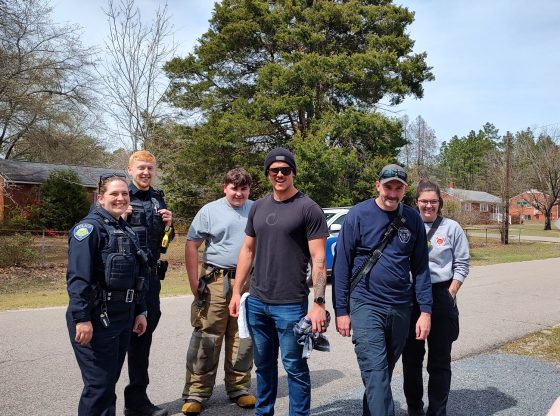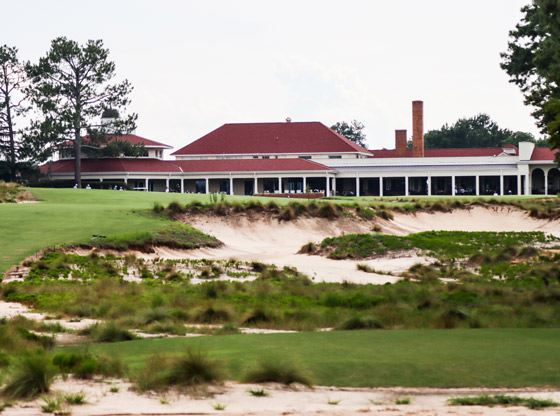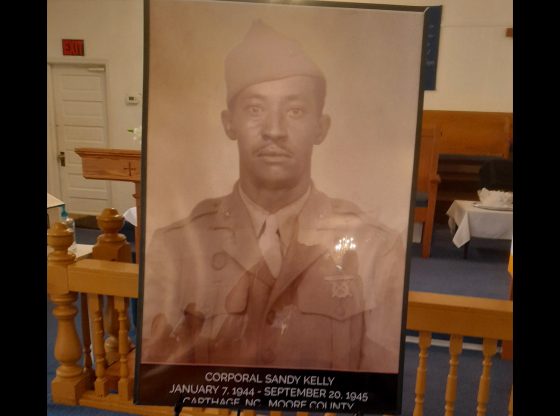After running for office in 2020, Moore County resident Helen Probst Mills has joined Charlotte-based Cynthia Wallace to create a non-partisan, non-profit organization called the New Rural Project. After their campaigns, they saw that many registered and unregistered voters in rural communities simply did not vote and decided to do something about it.
When asked how it is possible to be nonpartisan in these hyper-partisan times we live in, Wallace stated, “We have to have a place where people can talk about their differences.”
Recognizing the significant impact on improving lives through the electoral process, they decided to tackle this issue head-on. At the core of the New Rural Project is the belief that democracy thrives when citizens exercise their civic rights to the fullest possible extent. Such a democracy would see a maximal turnout of voters in every demographic group in every election.
Initially, their work has focused on seven North Carolina counties that are economically distressed with higher-than-average unemployment rates and declining populations. The counties include Moore, Hoke, Robeson, Union, Anson, Richmond and Scotland.
Moore County’s inclusion is interesting in that Moore County ranks 25th in per capita income and 12th in household income (out of 100 counties). Still, Moore County has some very affluent portions and some very poor portions.
Health equity is another big issue for the New Rural Project. In some counties, only one type of vaccine is available, and transportation is also a problem. New Rural Project is active in supporting COVID-19 vaccine events during the pandemic and plans to launch new initiatives to help improve health outcomes through health care education, health insurance information, and resources to rural communities. As a rule, many of these rural communities have less access to quality health care and vaccines. Many have also suffered the loss of local hospitals and have limited access to medical specialists and telehealth.
However, New Rural Project’s primary goal is community engagement through community meetings, focus groups, and local events with a bipartisan group of leaders from the local community, including nonprofits, faith institutions, and others. Many of the issues facing these rural communities, including broadband internet, high unemployment rates, drug use, and other issues, must be addressed at the community level with the involvement of residents.
Engaging young adults and diverse groups to vote is key for the New Rural Project. In the last election, people under 40 made up 36% of the total vote but represented only 29% of the actual votes cast. Almost 60,000 young people did not vote. Likewise, Black, Indigenous and people of color had almost 55,000 who did not cast ballots. The New Rural Project focuses on increasing voter participation in elections at all levels of government.
They are actively involved in the local communities offering vaccine events, food and clothing drives, and free meals along with phone banks and working with local nonprofits to amplify local voices and help those in need.
They will be the featured speakers at the Moore County League of Women Voters on Nov. 16. You can learn more from their website here.
Feature photo: Founders of New Rural Project, Cynthia Wallace (third from left) and Helen Probst Mills (far right), pose with others as their new organization helps local residents in rural areas. Courtesy photo.
 ~Article by Sandhills Sentinel Reporter Chris Prentice. Contact him at [email protected].
~Article by Sandhills Sentinel Reporter Chris Prentice. Contact him at [email protected].


